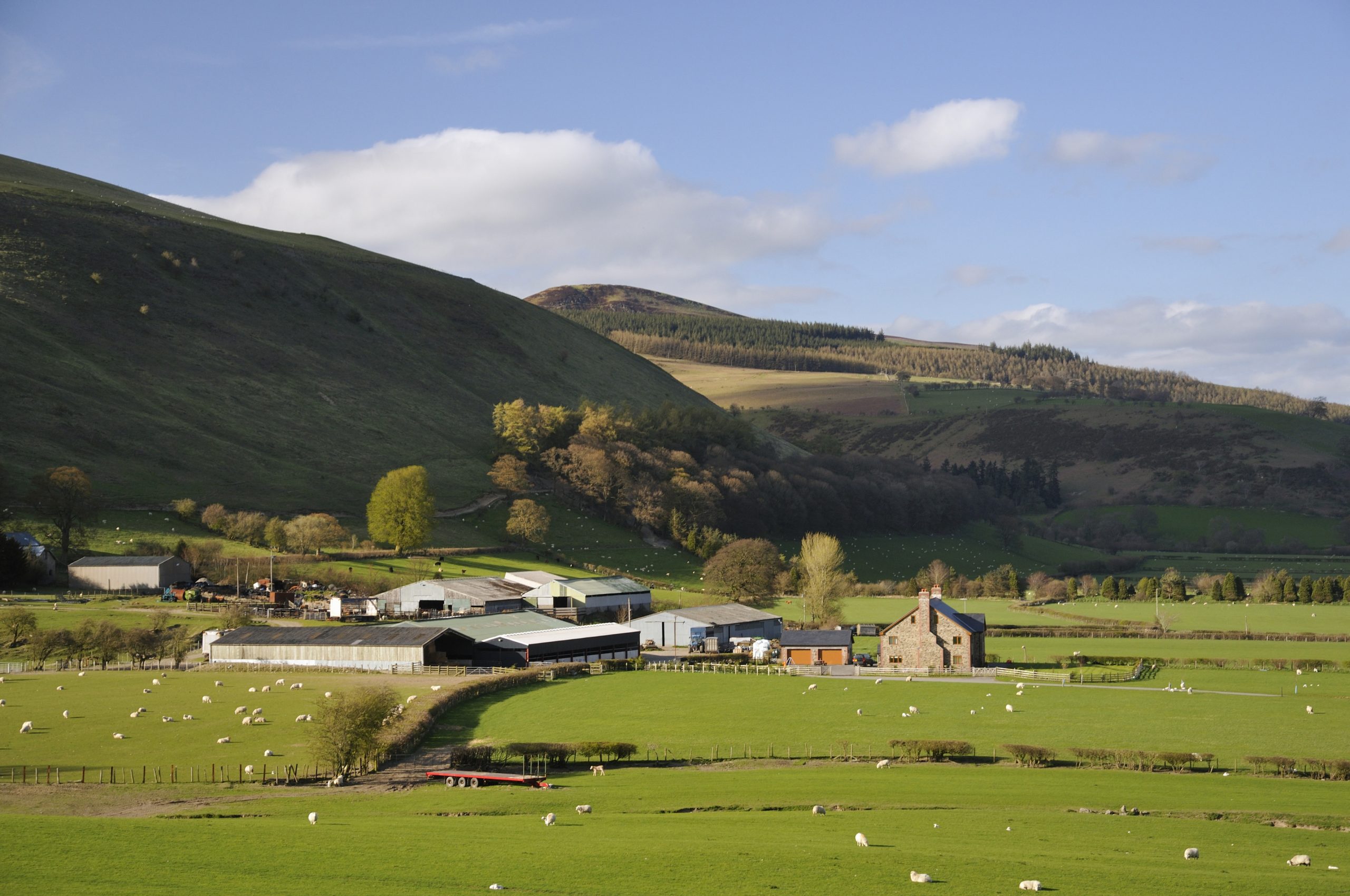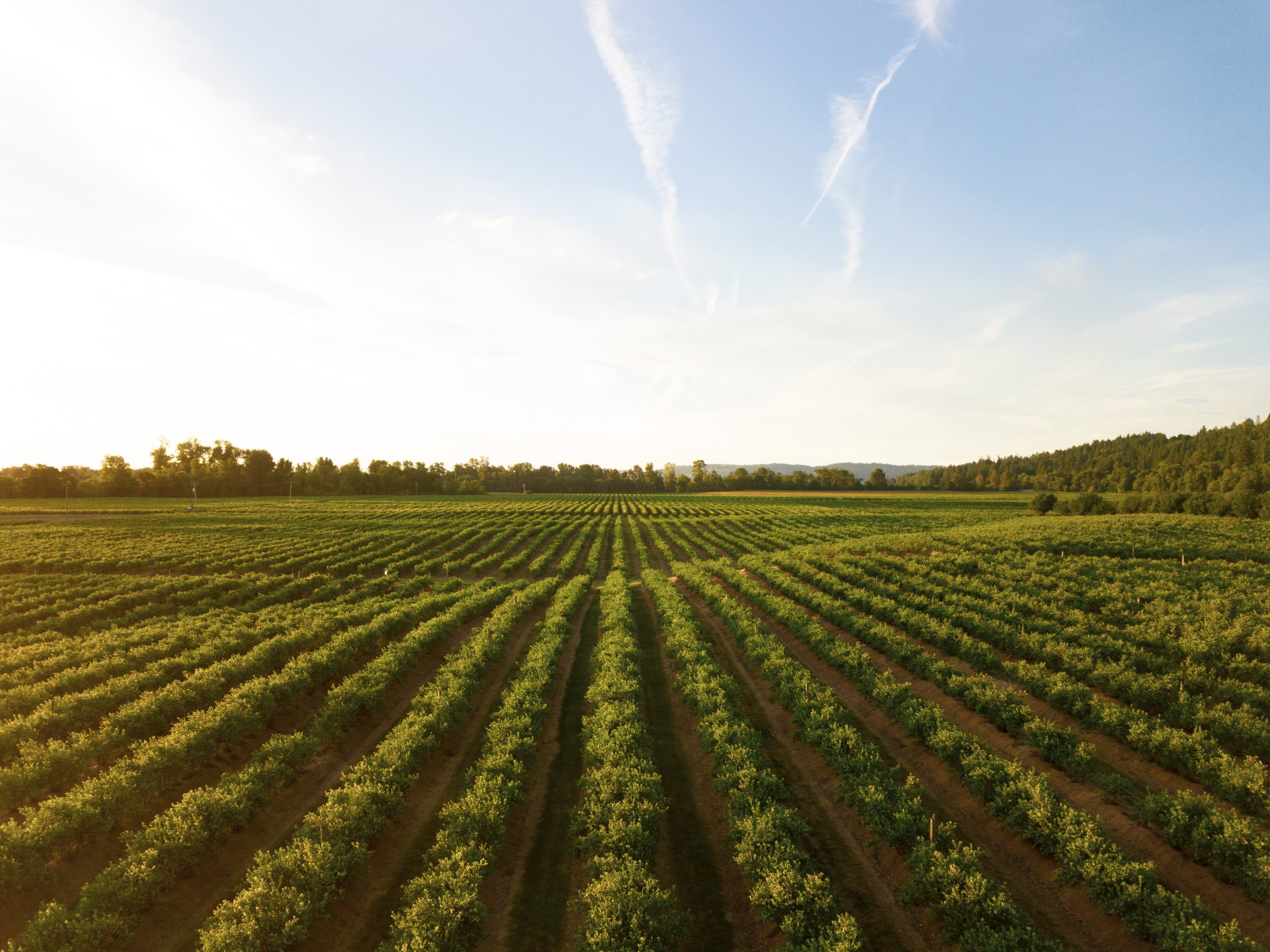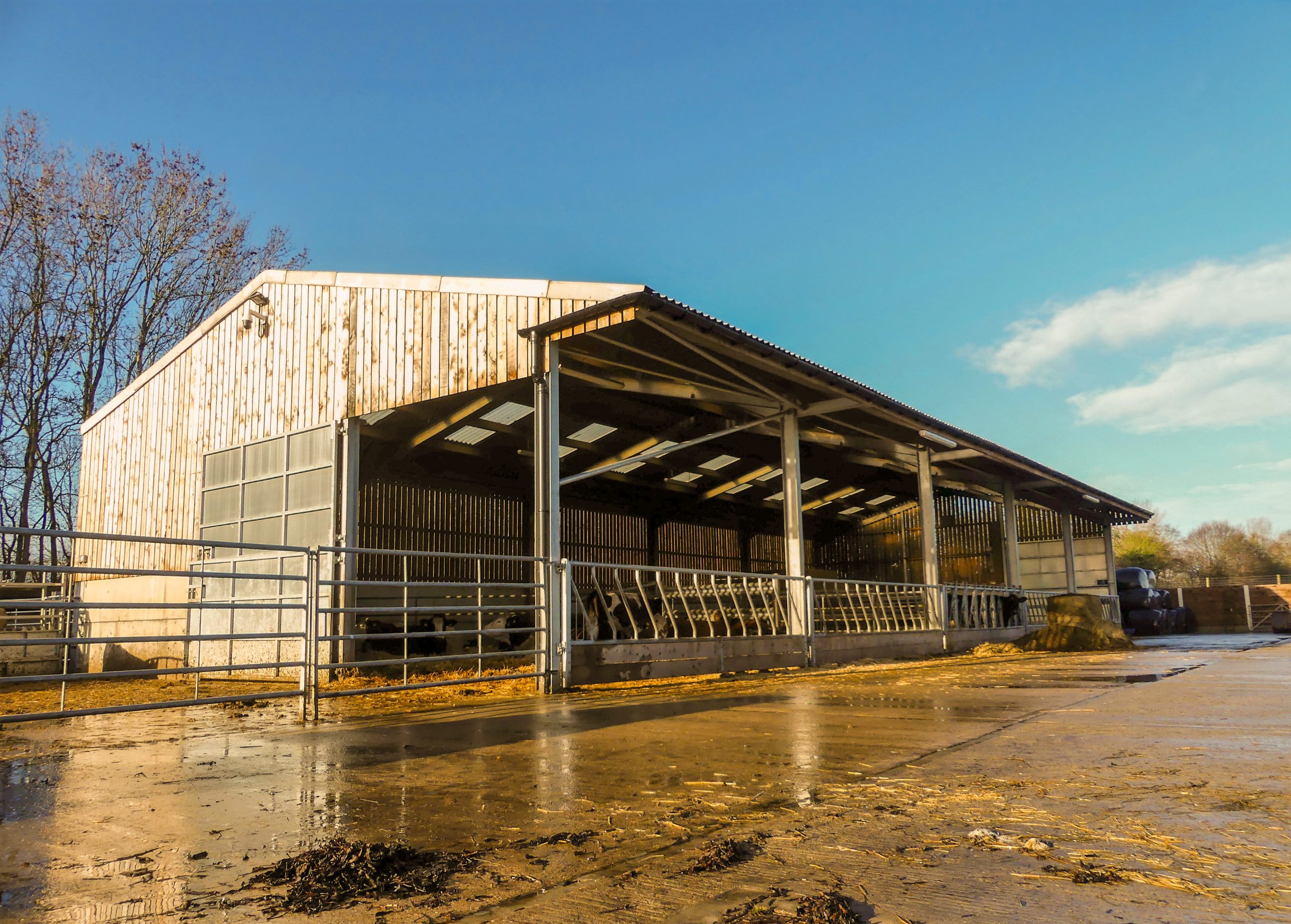Publication
AD|ARC: Linking Government data to support Farming in Scotland

Alastair McAlpine is a Senior Statistician in the Scottish Government’s Rural and Environmental Sciences and Analytical Services division and is also an ADR UK Ambassador. Here he discusses how the AD|ARC (Administrative Data | Agricultural Research Collection) project supports the Scottish Government’s future policies.
Farming households are critical to all our futures
Farmers and farm businesses go hand in hand with family life, but the sector and farming community face challenges old and new.
Newer problems like extreme weather events have particularly hit farm businesses in recent years. The ‘Beast from the East’ in 2018 led to high rates of lamb deaths, and as the UK went into lockdown in 2020, we enjoyed one of the driest springs on record. However, this hit the growing season and led to poor crop yields in the autumn. These events are becoming routine and disruptive.
Standing alongside that challenge are the large policy changes required to replace the system of EU Common Agricultural Policy. As we do so, this has brought into sharp focus the impact that farming has on climate change, biodiversity and the environment. Government are not the only actors in this area. Supermarkets and wholesalers want assurances that the sources of their ingredients and food are ‘green’, and this puts more pressure on an already strained farming community.
All of this adds up to unprecedented challenges for farmers, their families, and what they do with their land. We need to work with the sector to support them in becoming resilient and adaptive to change, and to help tackle global issues.
An integrated, land-based solution
We need land-based solutions to tackling climate change and reversing biodiversity loss, but to do so we need good evidence and data. Policies will need to work across many areas of government. For most sectors, economic and environmental data alongside scientific evidence will help to point to the solutions. In agriculture, we need to also factor in understanding the composition of the farming community and families that are integral to the sector.
I am therefore delighted that we are founding members of the AD|ARC (Administrative Data | Agricultural Research Collection) project, linking business level data to population data for the first time in the UK. Knowing the pressures placed on farming families, the characteristics of the household and where the limitations are on their ability to change will help us to inform better policy decisions.
We know there is inequality in farming and many farms are running annually on losses. We need prosperous farmers and businesses to invest in new technologies and skilled people to solve complex problems, and with the elderly farming community, health really does matter.
Scottish Government, like the other devolved nations and the Department for Environment, Food & Rural Affairs (DEFRA), cannot solve these problems on our own. We need to work at speed and learn from each other in what is a truly new area of data linkage. We require our partner research institutes to take these analyses and linked datasets and add their own expertise and knowledge to enrich the story.
More information for Scottish stakeholders is available on my own blog on the Scottish Government Statistics website.
What next?
Having worked predominantly in justice and social justice, I have seen the power of data linkage for opening up areas of new research or bringing new insights to long-standing societal problems. I have no doubt that the same can be true for the environment and land-based issues. I look forward to continuing to work with AD|ARC and depositing our database in Scotland’s National Safe Haven.
We are reaching out to anyone and everyone with an interest in what we are doing. If you work in farming, represent or support farmers or farming households, or conduct research in this area, we would be delighted to hear from you. Please also spread the word about the project to colleagues and friends in Scotland and beyond.
In the coming months, we will be holding our second stakeholder reference panel in Scotland and would welcome new members to our panel. If you would like to get in touch, please email: alastair.mcalpine@gov.scot.




